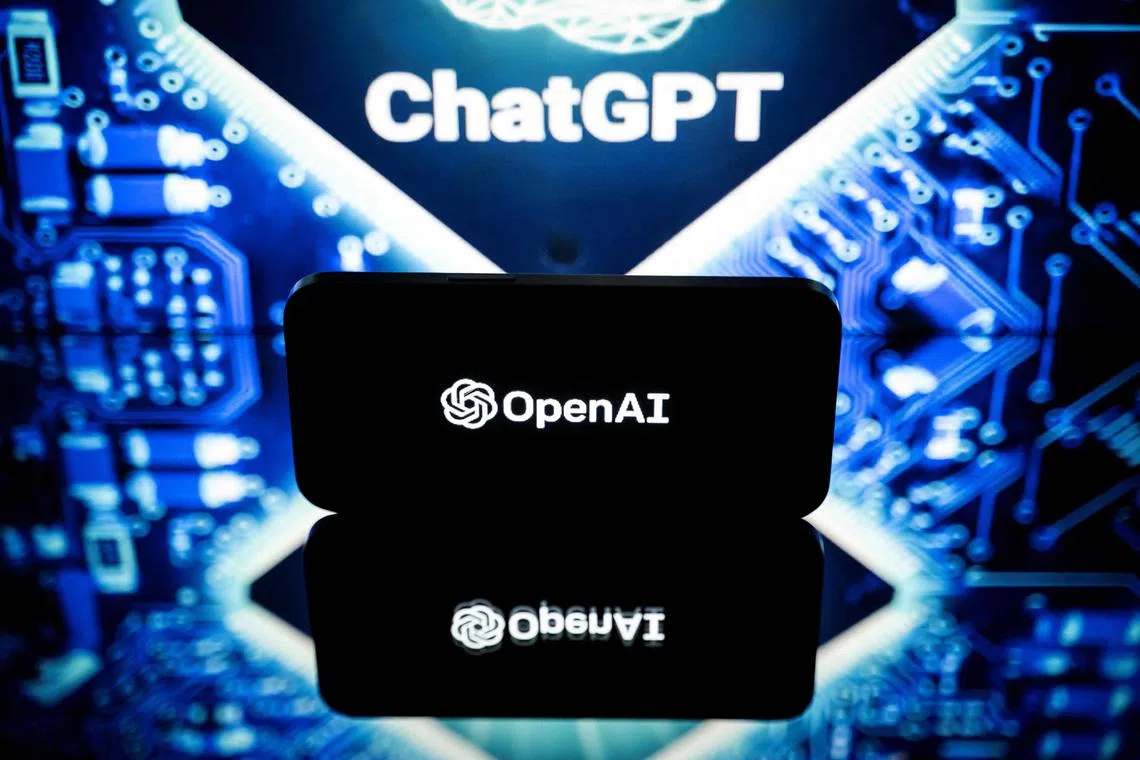For subscribers
The coming creative destruction from AI
Artificial intelligence’s impact could be bigger than that of China joining the WTO, but will pose challenges for policymakers
Sign up now: Get ST's newsletters delivered to your inbox

The interesting question is not whether AI can replicate the human brain but what outcomes it can produce.
PHOTO: AFP
On my prompt, artificial intelligence (AI) – aka “machine learning“ – created a film script on the life of Singapore’s first prime minister Lee Kuan Yew, which it then translated into Chinese. It generated an impressionistic image of Singapore’s skyline, and then another one of a frog dancing on Changi Beach. It also provided the content for a PowerPoint presentation. In a recent demonstration, it turned a hand-drawn sketch of a webpage into an actual website by generating code that matched the sketch. It did each of the above in less than a minute.
The capabilities of AI – of which the popular ChatGPT is but one manifestation – are now mind-boggling. And they keep getting better. ChatGPT-4,



